
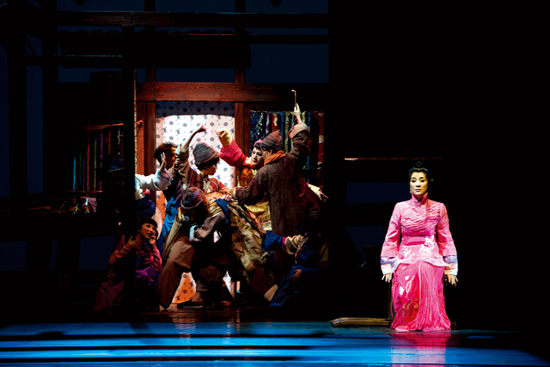 |
| (China Daily) |
The pioneers of this local performing art borrowed extensively from Kunqu Opera, China's oldest extant opera, and spoken plays, which are imported from the Western world. It is less stylized than Peking Opera and more natural in its expressions, hence lending itself to portrayals of love stories that are more tender than passionate. In a way, this is a reflection of the local personality.
Though all first-generation Yue Opera artists were women from rural Zhejiang, some of them displayed a keen affinity for socio-realism. The late 1940s saw a production about a country woman who suffers endless misery - contemporary with the era. The unvarnished depiction of poverty and cruelty is adapted from a Lu Xun story.
Half a century later, Mao brought another of Lu Xun's iconic stories to the stage. Kong Yiji is the ultimate loser, unsuccessful at the imperial entrance exams and failing to adapt to reality. Mao shaved her head to tackle this totally unglamorous role, at the risk of alienating her phalanx of fans. Mao is arguably the greatest innovator of her generation not only for Yue Opera but also for all traditional Chinese operas.


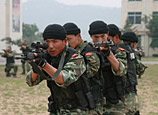



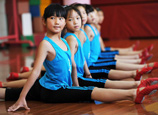

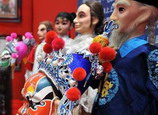
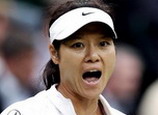










![]()
